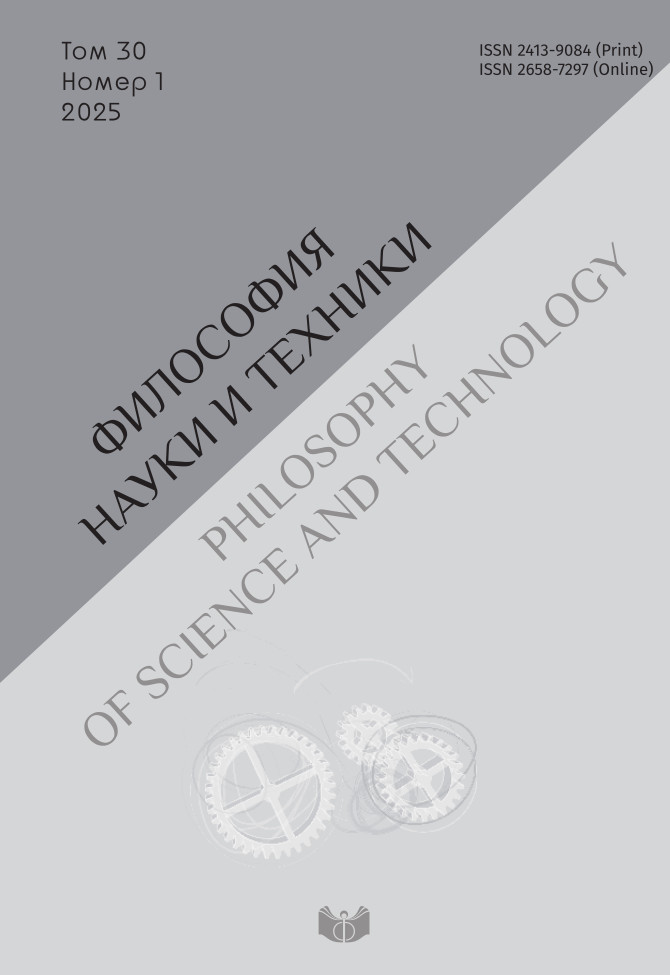Humanity in the digital age
DOI:
https://doi.org/10.21146/2413-9084-2025-30-1-58-68Keywords:
digitalization, artificial intelligence, consciousness, perception, technologies, mankind, society, internet, smartphones, anthropologyAbstract
The primary objectives of this research were to examine the contemporary state of digitalization on a global scale, assess its influence on human consciousness, and analyze the patterns of human perception regarding technology and associated innovations. The investigation explored the repercussions of digital technologies on societal structures, economic systems, and the personal lives of individuals. Emphasis was placed on the utilization of social networks for the generation of digital user profiles and the manipulation of behavior within both tangible and virtual realms. Methodologically, the study engaged in the analysis of factual, historical, and statistical data, drawing parallels between developments in the digital and technological domains and various religious, mystical, and alchemical doctrines, encompassing general eschatology, Pythagoreanism, and the teachings of microcosm and macrocosm. The philosophical dimensions of digitalization were scrutinized through the lens of the philosophies of I. Kant and M. Bakunin, underscoring the perils of commodification and the absence of a distinct perception of digital activities. This research accentuated the paradigm shift instigated by the digital revolution, characterized by the normalization of computer literacy and the substitution of desktop computers with mobile devices. Moreover, the study probed the detrimental aspects of digitalization, highlighting the escalated prevalence of depression and suicide among adolescents, concerns surrounding privacy, and the harvesting of personal data by corporate and governmental entities. The investigation further delineated the prospective trajectory of artificial intelligence and its ramifications for human consciousness and existence, prompting inquiries into the essence of consciousness and its potential replication. Drawing upon recent scholarly works, it was revealed that AI developers frequently grapple with a limited understanding of the decision-making processes employed by their systems, engendering questions concerning the nature of consciousness and its potential modeling. The study culminated in a contemplation of the feasibility of forging symbiotic forms of consciousness, entailing a fusion of human and mechanical cognitive faculties. Ultimately, the research demonstrated that, notwithstanding the evolving nature of human existence, its anthropological core remains steadfastly immutable.











